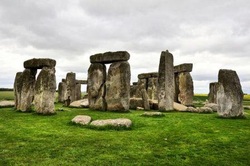
On Dec 21st 2013, revelers gathered at Stonehenge to celebrate the shortest day of the year—the Winter Solstice. More than 3,500 people watched the sun rise at 8.09am at the Wiltshire site, where new buildings cater for visitors. Despite the nearby business enterprise, Druids and pagans chanted, danced and lent their heads on the huge rocks. It is the only time the meticulous layout of the stones appears to align. At dawn, the sun casts a line of light directly connecting the altar stone, the slaughter stone and the heel stone. The Winter Solstice is regarded as more important than summer as it was the time when Bronze Age clans would slay cows, finish fermenting their wine, and mark the start of a new year. Something about the old ways appeals to us even now.


Many people leave little souvenirs of their visit to sacred sites—single coins wedged into tree trunks, old train tickets from the journey, photos and keepsakes of loved ones.
When the area around St Nectan's Glen was sold last year to a private buyer, worries were raised about continued public access. However, the new owner vowed to keep the spot open. Now, an area has been cleared and a new tearoom, gallery, and education center built in a style sympathetic to the surrounding woodlands. As before, the public have free access to walk up through the glen, with a charge to see the waterfall. The money will be used to maintain the 35-acre site. It's well worth taking a look at the business site for St. Nectan's Glen. I think they've used sensitivity in the handling of their business.

Here's a link to a 5 min video of the waterfall and surrounding area containing very rare footage with original music by Christian Cello. If you start at 1.47 sec. you go straight to it. Soothing music accompanies the trickling of water.
What are your views on private enterprise taking advantage of historical sites? Would a cup of tea on a cold day sway your opinion?
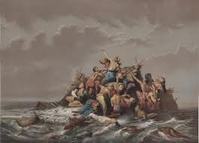
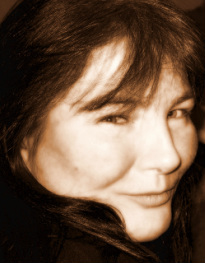
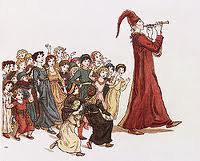




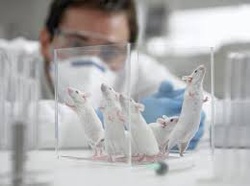


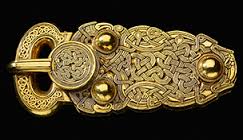
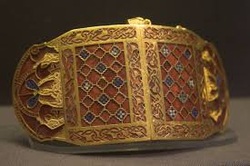

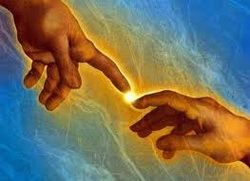

 RSS Feed
RSS Feed






